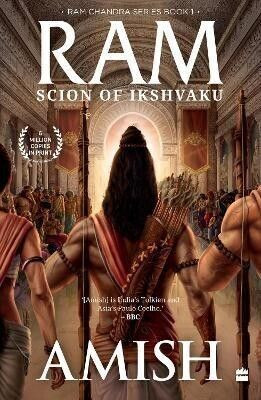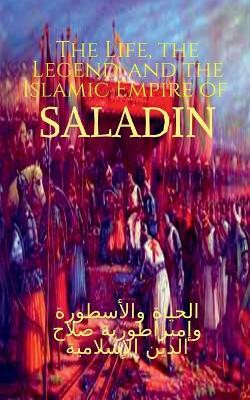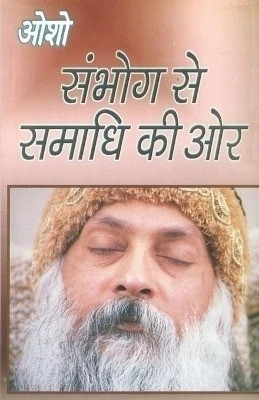
Asura: Story of Ravana and His People (English, Paperback, Neelakantan Anand)
Asura: Story of Ravana and His People (English, Paperback, Neelakantan Anand)
- Language: English
- Binding: Paperback
- Publisher: Leadstart Publishing Pvt Ltd
- Genre: Drama
- ISBN: 9789381576052, 9789381576052
- Pages: 504
- Cash on Delivery available?
Asura: Tale of the Vanquished offers an alternative perspective on the Ramayana, primarily through the eyes of Ravana, the King of Lanka, and a common Asura named Bhadra, humanizing mythological figures by portraying them with flaws and complex motivations. The book explores societal and political themes such as caste systems, power dynamics, and oppression, using the ancient epic to comment on contemporary issues. It challenges conventional notions of dharma by questioning universal righteousness and delving into the justifications of both sides of the conflict, all within an engaging, fast-paced narrative filled with adventure, political intrigue, and battle sequences, enhanced by its dual storyline.

One prominent feature of this book is its radical shift in perspective. Instead of the traditional narrative told by the "victors", Lord Rama and his allies, the story is told from the viewpoint of the "vanquished." The primary narrator is Ravana, the King of Lanka, with a secondary narrative provided by Bhadra, a common Asura, which gives the reader a ground-level view of the events and their societal impact.
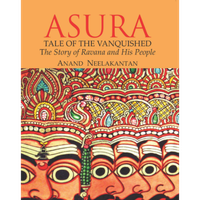
The book presents the characters from the Ramayana not as divine beings or one-dimensional villains, but as complex humans with their own flaws, ambitions, and motivations. Ravana is shown as a brilliant scholar, a benevolent king, and a fierce protector of his people, driven by a deep sense of injustice. Lord Rama is portrayed as a flawed individual making difficult choices, and Krishna is presented as a master strategist rather than a divine force.

Neelakantan uses the ancient epic to explore contemporary themes such as caste systems, political power, oppression, and the subjectivity of history. The "Asuras" are depicted as a marginalized and oppressed class fighting for self-respect and freedom from the "Devas," who represent the ruling elite. This social commentary gives the story a powerful modern relevance.
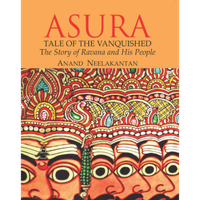
The book challenges the simplistic definition of dharma (righteous conduct) by showing that both sides of the conflict believe they are acting in accordance with it. The narrative raises questions about whether ends justify the means and whether a single action can define a person's entire life, regardless of their other virtues.
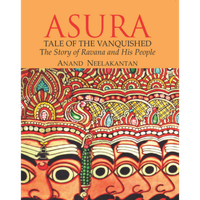
Despite its philosophical depth, Asura is a highly engaging and fast-paced mythological fiction novel. It's filled with adventure, political intrigue, and battle sequences that keep the reader hooked from beginning to end. The dual narrative adds to the suspense, as the reader follows both the grand story of the king and the personal journey of the common man.
| Imprint |
|
| Width |
|
| Height |
|
| Length |
|
| Weight |
|
- 5★
- 4★
- 3★
- 2★
- 1★
- 1,926
- 828
- 264
- 88
- 117
Asura - A different perspective on Ramayana
In the past a lot of people have attempted to write stories on Ravana, the villain of Ramayana...
Krishnakumar TK
Certified Buyer
Jun, 2012
Its not easy to take loser side. Loving Leadstart picks nowdays.
Everybody likes to listen to winner but who like to listen to losing side? Penning other side view is tough, but it has been done beautifully. All plots are not based on what we have read in Ramayana already. Many of them are writers own creation but they are all interesting and fun to read!
Another great surprise from Leadstart
A Maverick H...
Neetu
Dec, 2012
Just wow!
Anirban Naskar
Certified Buyer, Howrah
Aug, 2020
Look at the other side of the moon.
But this book is still a good read, the author's narrative skill is excellent, one should see all sides in order to find truth.
What Ramayana says?
A man lost his peace of mind in the forest of confusion, realizes that its the multi headed mind that is the cause of all his miseries, by controlling his mind, using physical strength and by reaching its very source,...
Bk
Certified Buyer
Jun, 2012
Highly recommended
Flipkart Customer
Certified Buyer, Pimpri Chinchwad
Jan, 2020
Bhadra- An Asura's narration rules the book.
Mr. Neelakantan has done a great work in his first attempt.
I liked the flow of the book, no recession on the flow of the book. Never a boring moment.
Bhadra(an Asura) is a very typical common man who witnesses both Ravana and Rama's culture. The differences between the two great kings...
Sumeet Parui
Certified Buyer
Jul, 2012
A MUST READ
ak shadeslayer
Certified Buyer
Aug, 2012
This is not mythological...it's more that that!!!
this is a true perspective, of how a battle is fought between 2 and only the conqueror seems to tell the stories...
Asura is definitely something you must read just to find out what the other side seems to offer.
But surely its again no Whining of the loser...neither a repentance call...
but a pure Journey of the greatest Villains of all time ... his reputation precedes him upto dat magnitude dat mankind wishes to eliminate him e...
sumit Panddey
Certified Buyer
Dec, 2012
Read with an open mind
Devajeet Datta
Certified Buyer
Nov, 2012
Good Read
It is writted on parallel lines with the Ramayana.
Personally I liked the first few paragraphs when Ravana was laying in the battlefield. It began with a very different feel altogether.
It is a different battle...
DeebaShri Joshi
Certified Buyer
Sep, 2012



